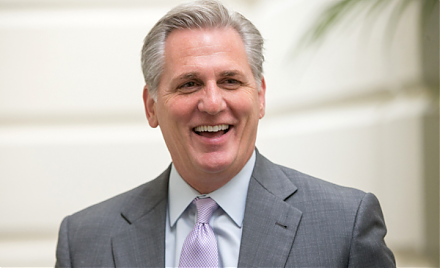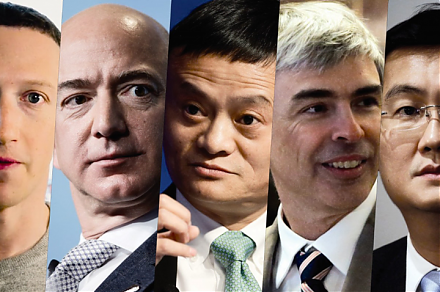

2019-07-07 18:36:00 Sun ET
federal reserve monetary policy treasury dollar employment inflation interest rate exchange rate macrofinance recession systemic risk economic growth central bank fomc greenback forward guidance euro capital global financial cycle credit cycle yield curve
The Chinese central bank has to circumvent offshore imports-driven inflation due to Renminbi currency misalignment. Even though China keeps substantial foreign reserves in U.S. government bonds, traders may still speculate whether the People Bank of China (PBOC) can fix the Dollar-Renminbi exchange rate below 7.0x. This current exchange rate has substantially declined about 9.3% since April 2018 and now hovers in the stable range of 6.89x-6.92x. PBOC Governor Yi Gang indicates that there is no asymmetric red line for the Sino-American exchange rate. However, Chinese economic policymakers may be hesitant to let their currency depreciate past RMB$7-to-USD$1.
Any expectations of short-term currency misalignment can spur capital flight out of the Chinese economy. Chinese public corporations that list abroad have to make cash dividend payments in June each year; so foreign exchange order flows reveal substantive short-term pressure for these Chinese public firms to sell the offshore Renminbi. As China achieves a near-zero current account surplus in mid-2019, the Renminbi faces downward pressure. Renminbi depreciation has long been a major source of tremendous competitive advantage for China. It is important for the Sino-U.S. trade negotiations to level the playing field with respect to potential Renminbi currency misalignment.
If any of our AYA Analytica financial health memos (FHM), blog posts, ebooks, newsletters, and notifications etc, or any other form of online content curation, involves potential copyright concerns, please feel free to contact us at service@ayafintech.network so that we can remove relevant content in response to any such request within a reasonable time frame.
2019-05-03 11:29:00 Friday ET

Key tech unicorns blitzscale business niches for better scale economies from Uber and Lyft to Pinterest, Slack, and Zoom. LinkedIn cofounder and serial entr
2019-08-26 11:30:00 Monday ET

Partisanship matters more than the socioeconomic influence of the rich and elite interest groups. This new trend emerges from the recent empirical analysis
2018-11-15 12:35:00 Thursday ET

Warren Buffett approves Berkshire Hathaway to implement new meaningful stock repurchases. Buffett sends a positive signal to the stock market with the Berks
2019-07-25 16:42:00 Thursday ET

Platforms benefit from positive network effects, scale economies, and information cascades. There are at least 2 major types of highly valuable platforms: i
2020-03-05 08:28:00 Thursday ET

The Stanford computer science overlords Larry Page and Sergey Brin design and develop Google as an Internet search company. Janet Lowe (2009) Google s
2025-03-03 04:11:06 Monday ET

Is higher stock market concentration good or bad for Corporate America? In recent years, S&P 500 stock market returns exhibit spectacular concentrati